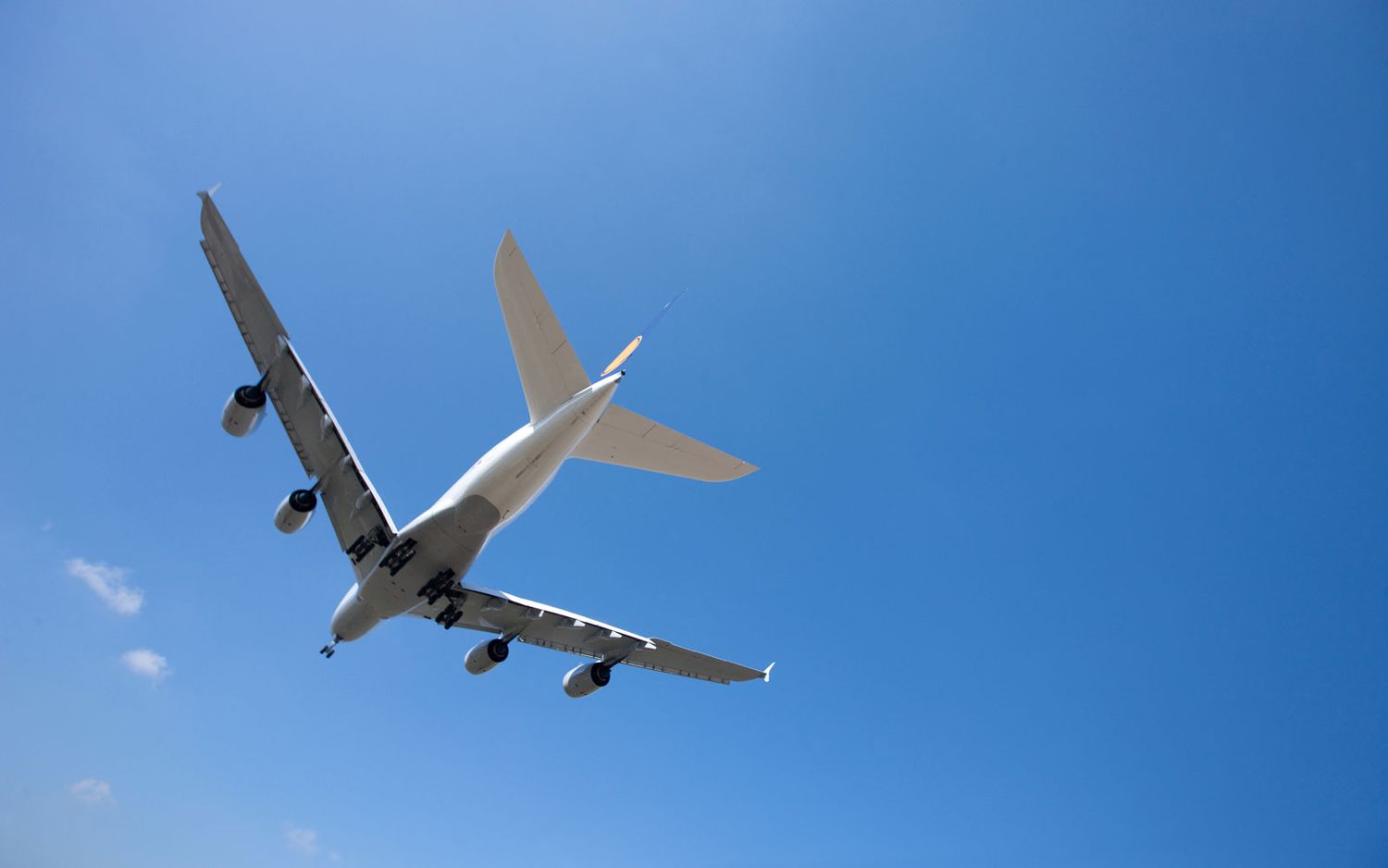
Air transport policy shapes how we fly, influencing everything from ticket prices to flight safety. Ever wondered why some flights are cheaper than others or why certain routes are more popular? Government regulations and international agreements play a huge role. These policies ensure airlines operate fairly, safely, and efficiently. They also impact environmental standards, aiming to reduce aviation's carbon footprint. Understanding air transport policy helps us grasp the complexities behind our travel experiences. Whether you're a frequent flyer or just curious about the skies, these facts will shed light on the unseen forces guiding air travel. Buckle up and let's take off into the world of air transport policy!
Key Takeaways:
- Air transport policy has evolved to ensure safety, environmental sustainability, and economic growth in aviation. From international agreements to passenger rights, these policies shape the way we travel and protect our rights as passengers.
- Aviation policies impact every aspect of air travel, from safety regulations to technological advancements. They aim to make flying safer, more efficient, and more accessible while protecting the environment and passengers' rights.
The Evolution of Air Transport Policy
Air transport policy has shaped how we travel today. From regulations to advancements, these policies impact every aspect of aviation.
-
First International Air Transport Agreement: In 1944, the Chicago Convention established the International Civil Aviation Organization (ICAO), setting the foundation for international air travel regulations.
-
Open Skies Agreements: These agreements, starting in the 1990s, allow airlines to operate freely between countries, increasing competition and lowering fares.
Safety Regulations in Air Transport
Safety is paramount in aviation. Policies ensure that airlines and airports adhere to strict standards to protect passengers and crew.
-
ICAO Safety Standards: ICAO sets global safety standards that all member countries must follow, ensuring a consistent level of safety worldwide.
-
Federal Aviation Administration (FAA): In the United States, the FAA regulates all aspects of civil aviation, including safety, air traffic control, and certification of personnel and aircraft.
Environmental Impact and Sustainability
Air transport policies also address environmental concerns, aiming to reduce the industry's carbon footprint.
-
Carbon Offsetting and Reduction Scheme for International Aviation (CORSIA): Introduced by ICAO, CORSIA aims to stabilize CO2 emissions from international flights at 2020 levels.
-
Sustainable Aviation Fuels (SAF): Policies encourage the development and use of SAF, which can reduce greenhouse gas emissions by up to 80% compared to traditional jet fuel.
Economic Aspects of Air Transport Policy
Economic policies in aviation influence ticket prices, airline profitability, and overall industry growth.
-
Deregulation of Airlines: The Airline Deregulation Act of 1978 in the U.S. removed government control over fares, routes, and market entry, leading to increased competition and lower prices.
-
Subsidies and Financial Aid: Governments often provide financial support to airlines, especially during crises like the COVID-19 pandemic, to ensure the industry's stability.
Technological Advancements and Innovation
Technological progress in aviation is often driven by policies that promote research and development.
-
NextGen Air Traffic Control: The FAA's NextGen program aims to modernize the U.S. air traffic control system, improving efficiency and safety through advanced technology.
-
Unmanned Aircraft Systems (UAS) Regulations: Policies are evolving to integrate drones into national airspace safely, opening new possibilities for commercial and recreational use.
Passenger Rights and Consumer Protection
Policies also focus on protecting passengers' rights, ensuring fair treatment and compensation.
- EU Passenger Rights Regulation: In the European Union, Regulation (EC) No 261/2004 grants passengers rights to compensation and assistance in cases of denied boarding, cancellations, or long delays.
The Future of Air Transport Policy
Air transport policy is evolving rapidly. Governments and organizations are focusing on sustainability, safety, and innovation. New technologies like electric planes and biofuels are being explored to reduce the carbon footprint. Passenger safety remains a top priority, with continuous improvements in security measures and emergency protocols. Policies are also adapting to the rise of drones and unmanned aerial vehicles, integrating them into the airspace safely.
Global collaboration is crucial. Countries are working together to create standardized regulations that ensure smooth international travel. The COVID-19 pandemic has also reshaped policies, emphasizing the need for health protocols and flexible travel arrangements.
As air travel continues to grow, policies will need to adapt to new challenges and opportunities. Staying informed about these changes is essential for travelers, industry professionals, and policymakers alike. The future of air transport policy promises to be dynamic and transformative.
Frequently Asked Questions
Was this page helpful?
Our commitment to delivering trustworthy and engaging content is at the heart of what we do. Each fact on our site is contributed by real users like you, bringing a wealth of diverse insights and information. To ensure the highest standards of accuracy and reliability, our dedicated editors meticulously review each submission. This process guarantees that the facts we share are not only fascinating but also credible. Trust in our commitment to quality and authenticity as you explore and learn with us.


